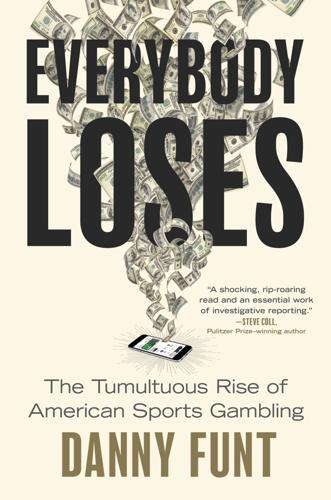
Everybody Loses: The Tumultuous Rise of American Sports Gambling
by Danny Funt · 20 Jan 2026 · 285pp · 100,897 words
happening with poker. In 2003, ESPN had recently started televising the World Series of Poker, and millions of viewers that year saw an accountant named Chris Moneymaker (his birth name, remarkably) win the $2.5 million first prize after qualifying for the tournament online. This underdog story, along with the 1998 Matt
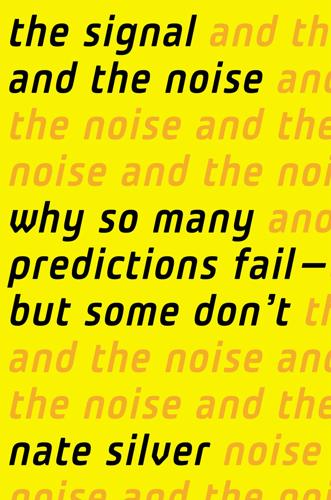
The Signal and the Noise: Why So Many Predictions Fail-But Some Don't
by Nate Silver · 31 Aug 2012 · 829pp · 186,976 words
World Series of Poker in Las Vegas, which was won by a twenty-seven-year-old amateur, a Nashville accountant with the auspicious name of Chris Moneymaker. Moneymaker was the literal embodiment of the poker everyman: a slightly pudgy office drone who, through a never-ending series of daring bluffs and lucky
…
true. But that didn’t stop many of them from concluding that only a ticket to Las Vegas separated them from life as the next Chris Moneymaker. The number of participants in the World Series of Poker’s $10,000 main event exploded, from 839 the year that Moneymaker won it to
…
record, the team succeeded despite the moves he made rather than because of them. And this is certainly the case when it comes to poker. Chris Moneymaker wouldn’t have been much of a story if the marketing pitch were “Here’s some slob gambler who caught a bunch of lucky cards
…
.asp?newsid=2467. 49. Kasparov, “The Chess Master and the Computer.” CHAPTER 10. THE POKER BUBBLE 1. “Chris Moneymaker Ranking History” in The Mob Poker Database, thehendonmob.com. http://pokerdb.thehendonmob.com/player_graphs/chris_moneymaker_18826. 2. I first played in one of the smaller events at the World Series of Poker in
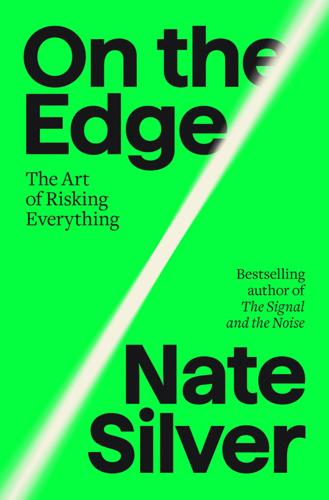
On the Edge: The Art of Risking Everything
by Nate Silver · 12 Aug 2024 · 848pp · 227,015 words
between 2004 and 2007, during the so-called Poker Boom. The Poker Boom began because of the increasing availability of online poker and because of Chris Moneymaker, an accountant from Nashville who won an online qualifying tournament for a seat at the $10,000 Main Event at the 2003 World Series of
…
aspects of modern life, poker has gone through its own Moneyball-style revolution. The catalyst came in 2003—the year that Moneyball was published—when Chris Moneymaker, an amateur who had earned his seat online, won the $10,000 Main Event at the World Series of Poker. That triggered an explosion of
…
are generally strong hands. Poker Boom: The period beginning in 2003 of rapid expansion in poker because of the increasing availability of online games and Chris Moneymaker’s win at the 2003 Main Event. The Poker Boom ended between 2006 and 2008 because of increasingly aggressive enforcement actions against online poker. Point
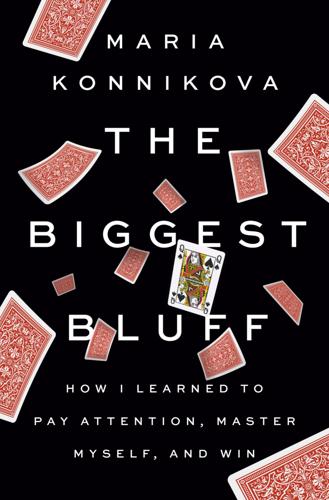
The Biggest Bluff: How I Learned to Pay Attention, Master Myself, and Win
by Maria Konnikova · 22 Jun 2020 · 377pp · 117,339 words
champion. He can also boast a record four Main Event final tables, including a third-place finish in the year made famous by an accountant, Chris Moneymaker, winning the top prize and starting the modern poker boom, the so-called Moneymaker effect. Finding a good mentor is crucial to learning any new
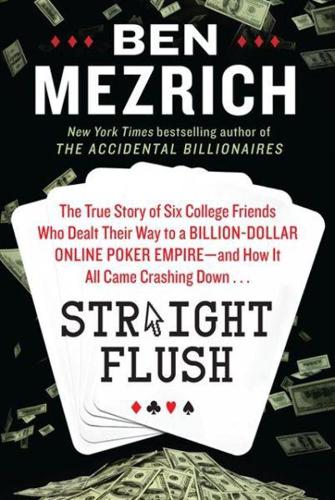
Straight Flush: The True Story of Six College Friends Who Dealt Their Way to a Billion-Dollar Online Poker Empire--And How It All Came Crashing Down . . .
by Ben Mezrich · 27 May 2013 · 233pp · 71,342 words
farther now, it’s straight-up mainstream. And that’s what we’ve done. We’ve gone mainstream too.” Of course, Scott knew all about Chris Moneymaker, who’d won the World Series of Poker’s main event in 2003. Moneymaker had been a regular Joe, an accountant who won his spot
…
’t trained in dark poker rooms or smoky casinos. He’d learned how to play at home, online. If a guy as average seeming as Chris Moneymaker could win the World Series of Poker, then anyone could. “One in five Americans played poker last year,” Pierson continued. “And those numbers are only
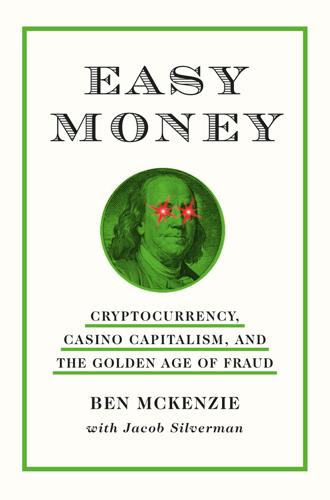
Easy Money: Cryptocurrency, Casino Capitalism, and the Golden Age of Fraud
by Ben McKenzie and Jacob Silverman · 17 Jul 2023 · 329pp · 99,504 words
, encouraging young men to fork over real money to try their hand in a game of digital cards. In 2003, a young amateur player named Chris Moneymaker gained entrance into the World Series of Poker—the pinnacle of the game—via an online satellite tournament hosted by PokerStars. Moneymaker won the whole
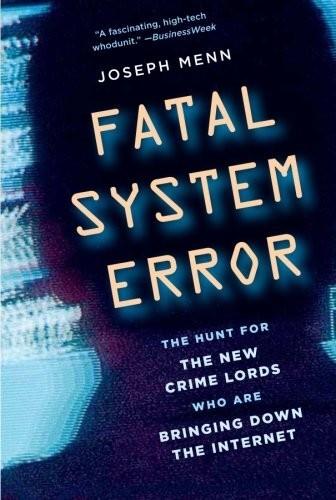
Fatal System Error: The Hunt for the New Crime Lords Who Are Bringing Down the Internet
by Joseph Menn · 26 Jan 2010 · 362pp · 86,195 words
living rooms. Some shows featured closely watched celebrities like Ben Affleck playing cards, while others helped create new celebrities: amateurs such as the improbably named Chris Moneymaker, who paid $39 to start playing in a tournament feeder game online at PokerStars.com and made it to the top in Las Vegas. Moneymaker
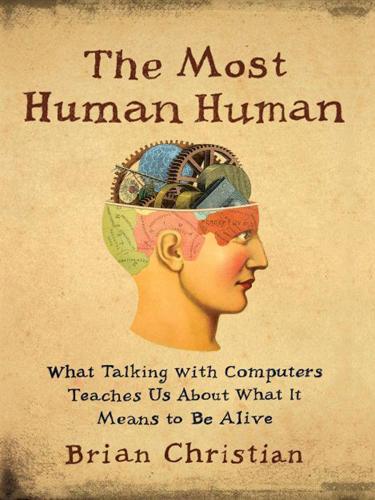
The Most Human Human: What Talking With Computers Teaches Us About What It Means to Be Alive
by Brian Christian · 1 Mar 2011 · 370pp · 94,968 words
” cut wood, and so on. Sometimes the alignment of one’s last name and one’s career is purely coincidental—see, for instance, poker champion Chris Moneymaker,6 world record-holding sprinter Usain Bolt, and the British neurology duo, who sometimes published together, of Russell Brain and Henry Head. Such serendipitous surnames